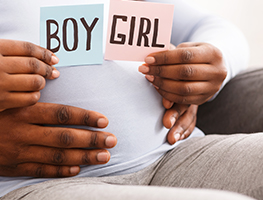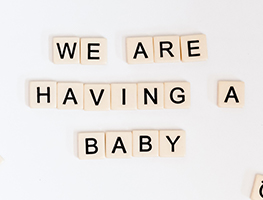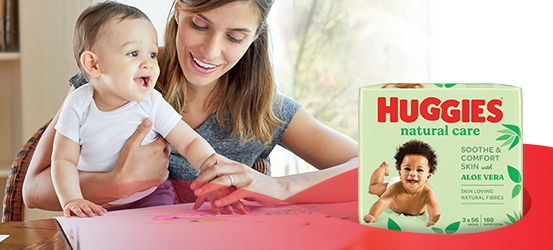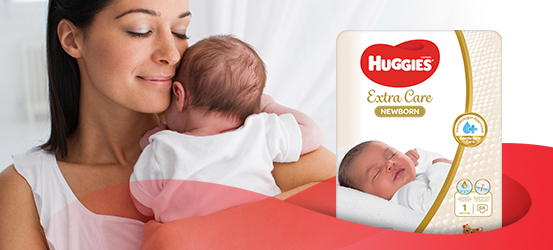Seeking information which reassures us that it’s possible to determine the gender of our baby somehow provides reassurance that yes, with a little manipulation, we can influence the likelihood of having a baby of our preferred gender.
What science tells us?
But the truth is simple and always has been. The odds of having a boy or a girl are almost exactly the same for each and every couple and for each and every pregnancy. In a very slight statistical sense, more boys tend to be born than girls, but overall the rates are essentially the same. This seems to be nature’s way of balancing out the population so that the human race will continue. And so far it seems to be working out just fine.
But I have to know now!
The only true and accurate way to find out if you’re having a boy or a girl is to have an ultrasound. Alternately, an amniocentesis – which includes chromosomal studies – is as close to a gender guarantee as you’re likely to get. But be aware that even Sonographers and technology can still get it wrong.
During a scan, many couples have been told they’re having a boy and they have a girl or the opposite; they’re told they’re having a girl and out comes a boy. This is why it is standard practice during scans to advise parents that “the odds are high”, or “there is a greater likelihood” of having a boy or a girl, rather than an iron-clad guarantee. Though admittedly, it can be very hard to not be convinced when it is very clear what gender a baby is from the clarity of their genitals on the screen.
When will I know?
The most common practice of determining gender through scan is during the screening ultrasound at around 20 weeks. This is when prospective parents are asked if they want to know the sex of their baby or, for this information not to be shared. It can get tricky of course when one parent wants to know and the other doesn’t.
There are lots of old wives tales which promise to predict what gender a baby will be, and fun tools such as Chinese birth charts. The best way to approach any of the baby gender prediction tips is to be open-minded. Logically, whichever one you use is going to have a 50% success rate. So, even before you begin, the odds are pretty high that it will be right. Bear in mind that it is human nature to believe what we want to believe. If you want a girl and you’re swayed towards believing you’ll have one, then it’s likely that you’ll interpret that particular tool as being more credible.
For many women, pregnancy is a time of heightened sensitivity and superstition. Lots of us adopt little rituals and behaviours that we believe will protect us and our baby. Some will even name their baby whilst it is still in the womb, despite not being 100% sure of the baby’s gender. As long as this is done light-heartedly and with an open mind then no harm is done.
But if you feel very strongly about having a baby of one gender over the other, then it may be useful to talk to someone about this. Sometimes we suppress our true feelings and believe that if we don’t talk about them they aren’t as real or likely to happen. But, like so many other aspects of parenting, the gender of our children really is out of our control.
For the majority of couples, playing around with old wives tales, tummy size, hair glossiness and other “sure signs” is a bit of harmless fun. But if you feel it’s becoming more than that, don’t feel alone.



















